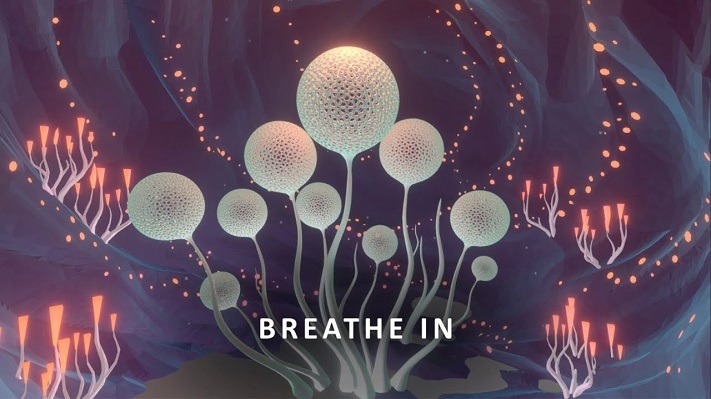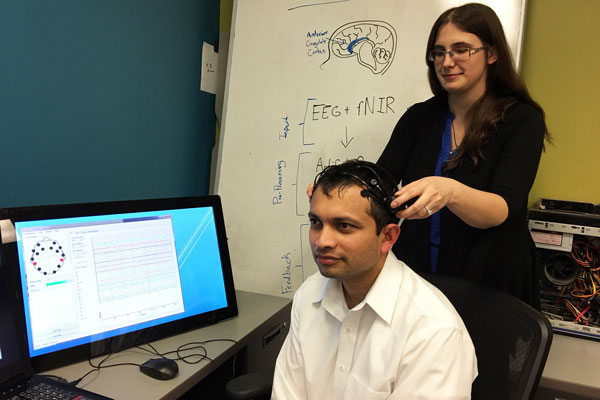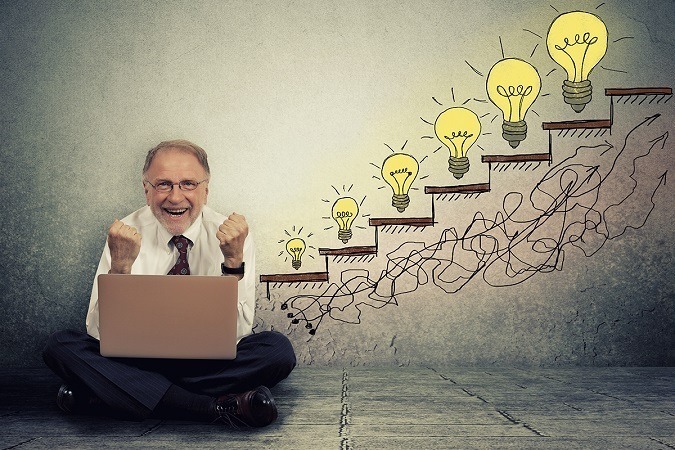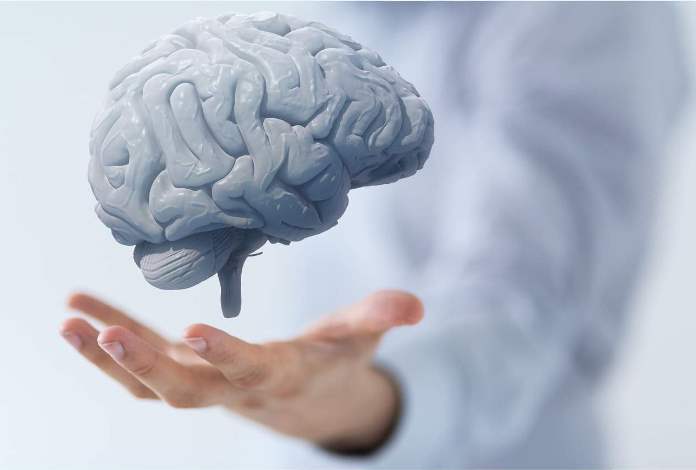Posts Tagged ‘biofeedback’
Virtual-reality gaming + affordable biofeedback = Anxiety therapy for all?
Videogame Technology Could Bring Biofeedback Therapy to the Living Room (The Wall Street Journal): For decades, use of biofeedback to help sufferers of anxiety, among other psychological conditions, has largely been limited to clinical settings with expensive—and somewhat tedious—medical equipment. Now, with an assist from developers of virtual-reality games, effective therapeutic biofeedback is becoming more…
Read MoreFebruary 26–28th: Save the Date for the 2019 SharpBrains Virtual Summit and help shape the Future of Brain Health
?” Imagine a free annual brain check-up — who should take it, and how could it help prevent/ delay/ treat cognitive decline and Alzheimer’s Disease? Imagine your smartphone can detect early signs of depression or Parkinson’s Disease — would you like to know? Who else should know … or not know? Imagine a videogame cleared by the…
Read MoreLearn More and Save the Date for the 2018 SharpBrains Virtual Summit (December 4–6th)
?” Imagine a videogame cleared by the FDA to treat ADHD, depression, or substance abuse — how will doctors prescribe it, patients access it, and insurers pay for it? Imagine a free “annual brain check-up” — what may it look like, and how can it lead into personalized interventions to improve function and prevent/ delay/ treat…
Read MoreOhio Opioid Technology Challenge funds program testing neurofeedback-based brain training to reduce cravings and battle opioid addiction
_______ Battling Addiction With Brainpower (University of Dayton press release): “The University of Dayton Research Institute has won a $10,000 Ohio Opioid Technology Challenge award for a program that will teach people with opioid addictions how to reduce their cravings by regaining control of their brains. “Using neurofeedback, we’ll work with our volunteers to help…
Read MoreStudy debunks 4 common myths about brain training and lifelong cognitive enhancement
— If the media is your main source of information about brain training and cognitive enhancement, you will probably believe the following: 1) All brain training is the same… 2) …and it simply doesn’t work. 3) Commercial brain training programs, especially, don’t work. 4) How could they work? Genetics is destiny, aging is a predetermined process…so by age 60…
Read More20 Must-Know Facts to Harness Neuroplasticity and Improve Brain Health
——- June is Alzheimer’s & Brain Awareness Month, so let me share these 20 Must-Know Facts to Harness Neuroplasticity & Improve Brain Health that come from the hundreds of scientific and medical studies we analyzed
Read More



